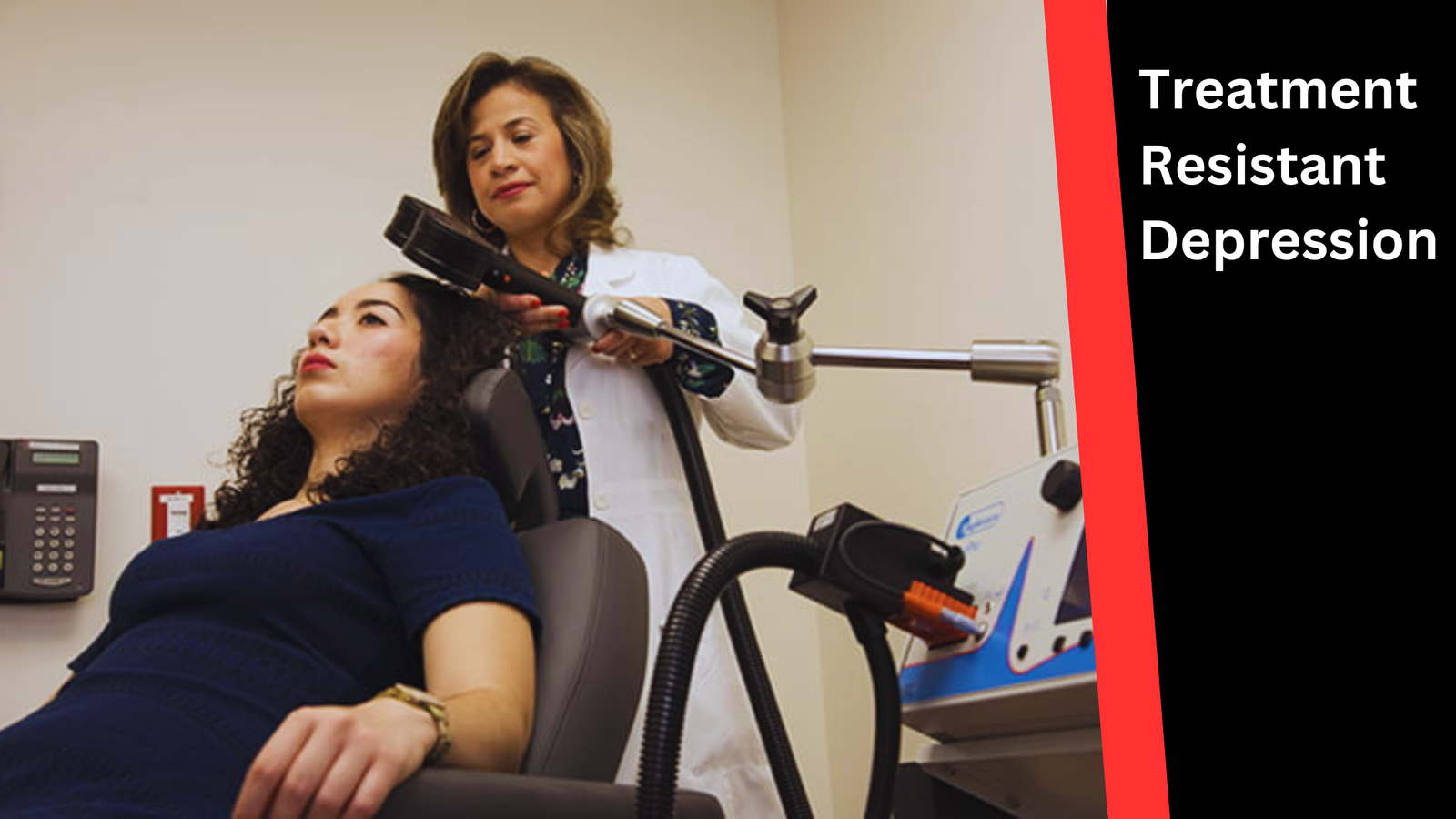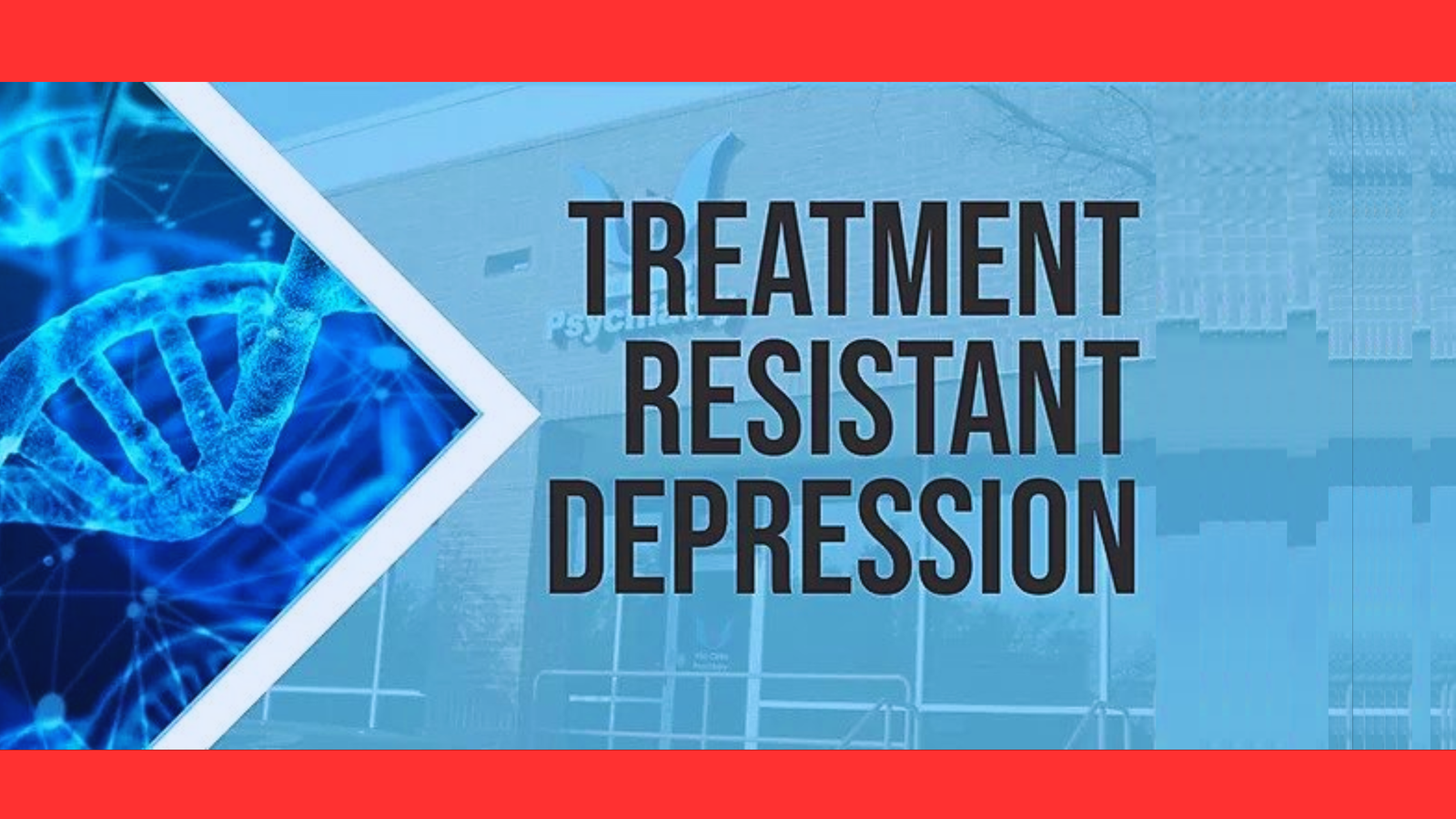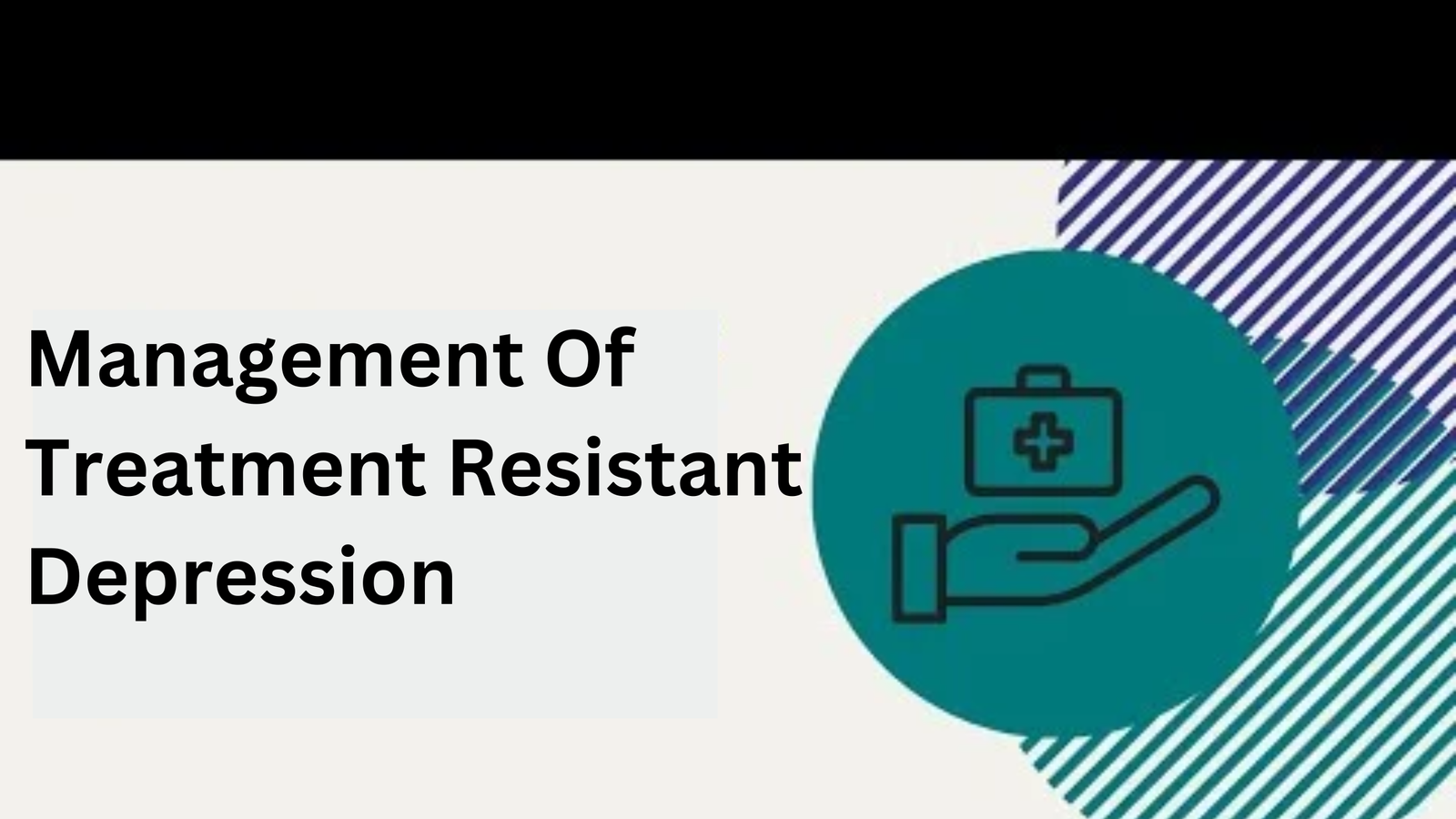
For many individuals dealing with major depressive disorder, which comprises various forms of depression lasting at least 2 weeks, antidepressants can be incredibly helpful in easing symptoms. This relief allows them to return to the life they once cherished.
However, for those facing treatment-resistant depression (TRD), typical medications often offer little to no relief. This condition is not uncommon, as one-third of depressed individuals face TRD. They struggle with symptoms like low energy, continuous feelings of sadness, thoughts of suicide or death, and sleep issues that don’t respond to standard treatments.
Although there is still much to know, various recent and promising breakthroughs are providing fresh insights into understanding and managing TRD. In this article, I will discuss these insights.
What Is Treatment Resistant Depression?

Treatment-resistant depression (TRD) is a form of major depressive disorder. Usually, depression is managed with a mix of antidepressant medications and specific therapies like psychotherapy. For some individuals, antidepressants alone are enough to alleviate symptoms.
However, these medications don’t work for everyone. About 10%-15% of people with depression find no relief from them, and another 30%-40% experience only partial improvement.
When depression doesn’t improve after trying two different types of antidepressant medications, it’s called treatment-resistant depression. Sometimes, it is also known as treatment-refractory depression. For a healthcare provider to make this diagnosis, each medication must be taken at the right dose and for a sufficient period, typically 6-8 weeks.
The first choice for treating major depressive disorder often includes serotonin and norepinephrine reuptake inhibitors (SNRIs) or selective serotonin reuptake inhibitors (SSRIs). This is because they tend to have milder and fewer side effects than other antidepressant medications.
Interestingly, TRD can occur even in those who previously responded well to antidepressants. Despite its challenging nature, there are still treatment resistant depression treatments available, though finding the correct one for you might take some time.
Treatment Resistant Depression Symptoms

If you suspect you might be dealing with treatment-resistant depression, consider asking yourself these questions:
- Have the adverse effects of your medicine been difficult to manage?
- Has your treatment not improved your mental health at all?
- Has your treatment provided some relief, but you still do not feel like yourself?
If you answered yes to any of the above questions, it’s important to consult your doctor. Regardless of whether you have treatment-resistant depression or not, you need professional help.
Individuals with treatment-resistant depression experience the same signs as those with major depressive disorder, such as changes in appetite, a depressed mood, and sleep issues. However, people with TRD often face:
- Anhedonia, which means a decreased ability to feel pleasure.
- More intense symptoms of depression.
- Thoughts of suicide and suicidal behavior.
- Anxiety
- A greater number of depressive episodes over their lifetime.
- Longer-lasting depressive episodes.
What Causes Treatment Resistant Depression?
Researchers haven’t pinpointed the exact cause of treatment-resistant depression. Just as depression itself is influenced by various factors, such as brain chemistry and genetics, TRD is caused by these elements as well. Some common causes of treatment resistant depression are:
Genetic Aspects
Genetic factors likely play a part in treatment-resistant depression. Some genetic variants might speed up how the body metabolizes antidepressants, reducing their effectiveness. Other genetic variations could alter the body’s response to these medications.
Although more research is required in this sector, doctors can now do genetic tests to help identify which antidepressants might be most effective for you.
Inaccurate Diagnosis
A common theory suggests that individuals who do not respond to treatment might not have a major depressive disorder. Instead, they could have conditions like bipolar disorder or other illnesses that present with similar symptoms to depression.
Metabolic Disorder
Another idea is that individuals who do not respond to treatment might metabolize particular nutrients differently. Research has shown that some individuals who don’t find relief from antidepressants have low folate levels in their cerebrospinal fluid, which surrounds the spinal cord and brain. However, the reason for this folate deficiency and its link to treatment-resistant depression is still unknown.
Treatment for Treatment-Resistant Depression

Antidepressants
Various antidepressants function differently by targeting particular neurotransmitters that transmit information through brain circuits involved in mood regulation. If your current medication is not effective or is not providing enough relief, other options might be available.
Your doctor might consider adjusting your dosage, switching to a different medication, or adding another prescription to complement the antidepressant you’re already taking. There are various types of antidepressants available. One common group is SSRIs (selective serotonin reuptake inhibitors), which include:
- Fluoxetine (Prozac)
- Citalopram (Celexa)
- Sertraline (Zoloft)
- Escitalopram (Lexapro)
- Paroxetine (Paxil)
As an alternative, your doctor might suggest SNRIs (serotonin-norepinephrine reuptake inhibitors), such as:
- Venlafaxine (Effexor)
- Desvenlafaxine (Khedezla, Pristiq)
- Levomilnacipran (Fetzima)
- Duloxetine (Cymbalta)
Your doctor can also suggest newer antidepressants that target multiple serotonin receptors in your brain, such as vortioxetine (Trintellix, formerly known as Brintellix) and vilazodone (Viibryd).
Older antidepressant classes, like tricyclics, include:
- Imipramine (Tofranil)
- Amitriptyline (Elavil)
- Nortriptyline (Aventyl, Pamelor)
- Doxepin (Adapin)
There are also tetracyclic antidepressants, such as:
- Amoxapine (Asendin)
- Mazindol (Mazanor)
- Maprotiline (Ludiomil)
- Mirtazapine (Remeron)
Some antidepressants, like mirtazapine (Remeron) or bupropion (Wellbutrin), are believed to influence the brain chemicals norepinephrine and dopamine via unique procedures. They are often used alongside other antidepressant medications to improve their overall effectiveness.
Another older type of antidepressant medication, called monoamine oxidase (MAO) inhibitors, targets a certain enzyme in brain cells to enhance the activity of various neurotransmitters. These include:
- Tranylcypromine (Parnate)
- Isocarboxazid (Marplan)
- Selegiline (Emsam)
- Phenelzine (Nardil)
Psychotherapy
Sometimes, individuals who do not find much relief from antidepressants discover that cognitive behavioral therapy (CBT) or psychotherapy works better for them. However, your doctor will probably recommend that you keep taking your medication.
Furthermore, some studies indicate that CBT can alleviate symptoms in those who don’t respond to antidepressants alone. Most of these researches involve participants who are both taking medication and engaging in CBT.
Other Treatment Options for TRD
When medication and psychotherapy aren’t yielding the desired results, it’s time to explore alternative solutions. Some other treatments for treatment resistant depression are:
- Electroconvulsive Therapy (ECT): Since the 1930s, ECT has been in use, and it was once called electroshock therapy. It is an effective and safe option for treating clinical depression, though it’s typically reserved as a last resort because it’s an invasive treatment and its cost. During this medical procedure, a gentle electric current is passed through the brain, triggering a brief seizure. ECT can activate nerve cells and lead to brain changes that help lift your mood.
- Vagus nerve stimulation (VNS): It is a procedure where a device is implanted to deliver gentle, regular electrical pulses to the brainstem via the vagus nerve in the neck. This technique can change the levels of certain neurotransmitters in your brain, which are crucial for mood regulation.
- Deep brain stimulation (DBS): It is a medical process where a gentle electrical current is directed to a targeted area of your brain. The electrical current energizes brain cells in the targeted area, offering potential relief for various conditions, including treatment-resistant depression.
Closing Remarks
If you are undergoing treatment for depression but are not seeing any improvement, you might be dealing with treatment resistant depression. While managing this condition can be challenging, it is certainly achievable. Have a conversation with your doctor about adjusting your treatment plan to ease your symptoms.
Your options could include finding a therapist to collaborate with, changing to a different medication, or adding a new prescription to enhance the effects of your current antidepressant. Although it may require some trial and error, stay committed to discovering the proper treatment for you.
